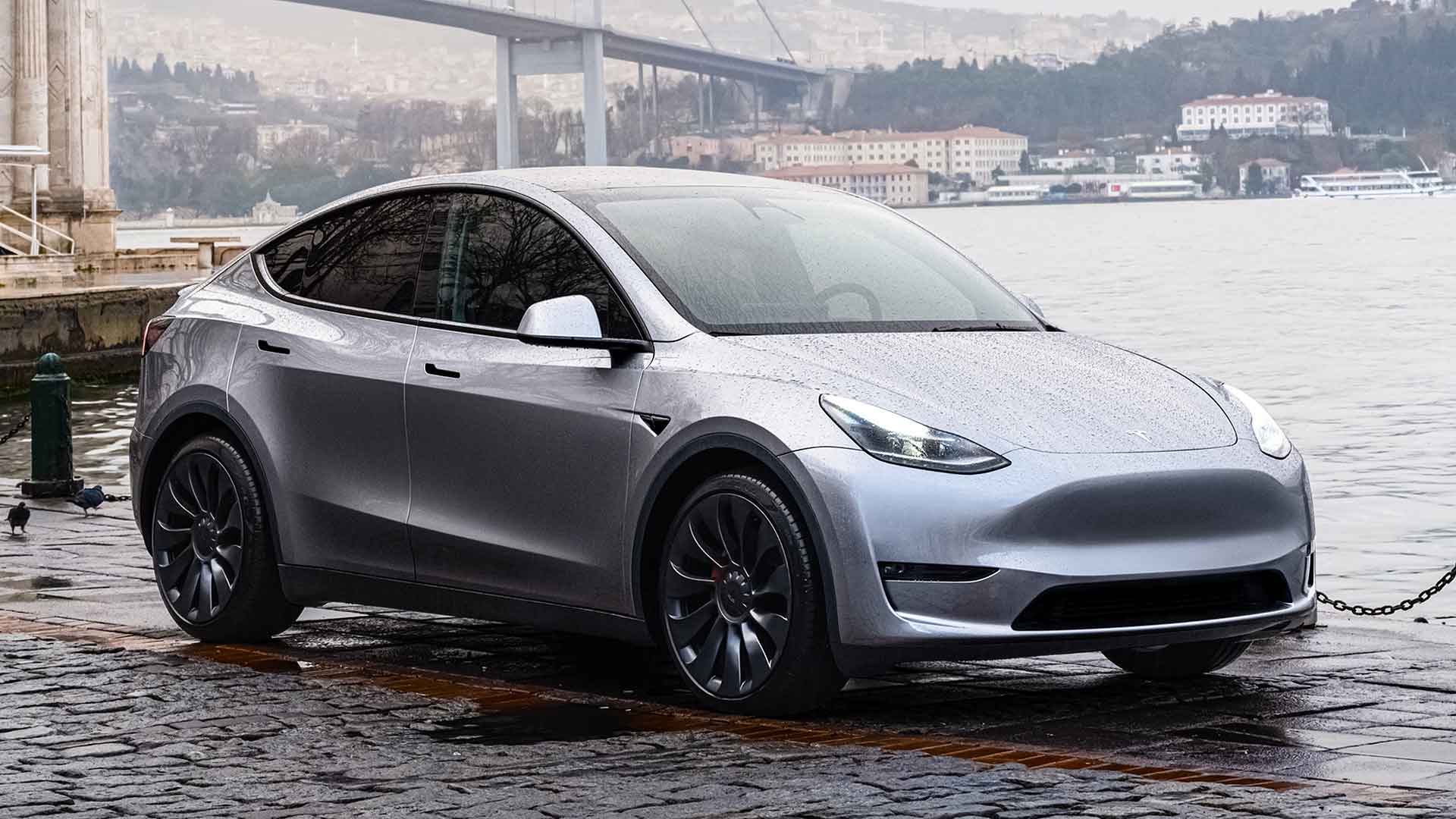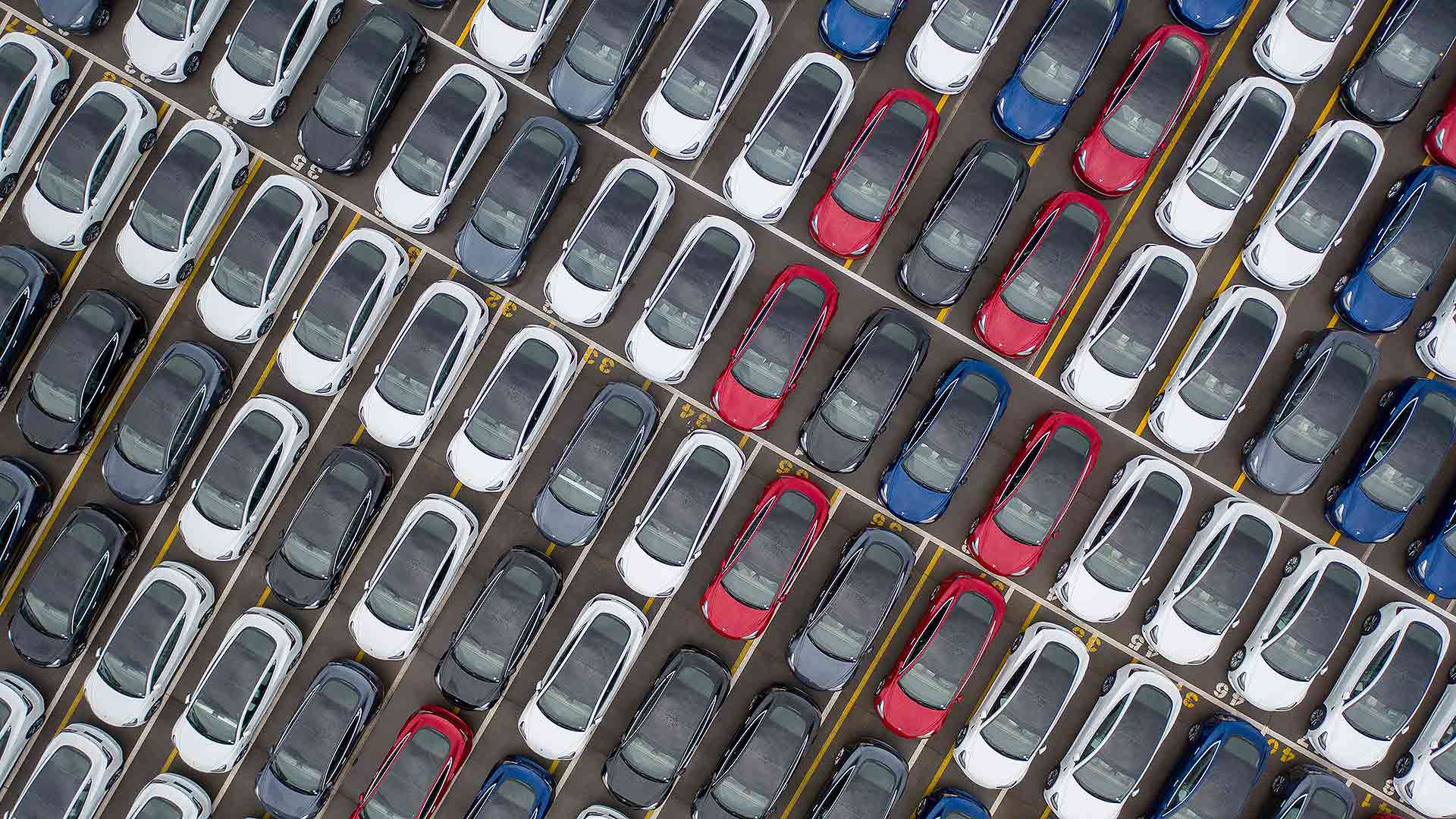
The Tesla Model Y electric car was the UK’s best selling car in June 2023 as overall registrations saw their 11th consecutive month of growth.
The family-friendly Tesla just pipped the Ford Puma, with the award-winning Vauxhall Corsa in third place.
The June 2023 performance means the Tesla Model Y is now the UK’s fourth best-selling car so far in 2023.
The Ford Puma leads the year-to-date performance by a clear margin over the Vauxhall Corsa, with the British-built Nissan Qashqai in third.
New car recovery
New car registrations grew an impressive 25.8 percent in June 2023 as supply chain shortages eased.
This, says industry body the Society of Motor Manufacturers and Traders (SMMT), means waiting times are easing and pent-up demand is being met.
The automotive sector is “a rare bright spot in a gloomy economic landscape”.
It did add, however, that the overall market volume still remains below pre-pandemic levels.
It is company car drivers that are driving new car demand, with fleet and business sales up 37.9 percent. Sales to private buyers, in contrast, grew by a below-average 14.8 percent.
Year to date, new car registrations in the UK are up 18.4 percent, with the first half of 2023 seeing just under 1 million new cars registered.
Electric up, diesel down

Demand for electric cars continued to surge, growing by nearly 40 percent in June 2023. This is despite recent negative press around EVs.
So far in 2023, electric car registrations are up 32.7 percent, meaning electric cars are the second-most popular type of car in the UK, with a 16.1 percent share.
Petrol car demand is still growing too though: so far in 2023, nearly 6 in 10 of all new cars sold had a petrol engine.
Hybrids boast a 12.6 percent share of the market and plug-in hybrids have a 6.5 percent share.
Diesel car demand, in contrast, was down 18.6 percent, with diesels boasting an overall market share of just 7.9 percent – more than half that of EVs.
EV public charging VAT cut
To further bolster EV demand, the SMMT is calling for a VAT cut on public charging to accelerate uptake.
Electricity at home is charged at 5 percent VAT; public charging, in contrast, is hit with the full 20 percent rate.
As charging at home is up to 70 percent cheaper than public charging, the SMMT wants VAT to be cut on public charging.
“Most electric vehicle owners enjoy the convenience and cost saving of charging at home but those that do not have a driveway or designated parking space must pay four times as much in tax for the same amount of energy,” said SMMT chief executive Mike Hawes.
“This is unfair and risks delaying greater uptake, so cutting VAT on public EV charging will help make owning an EV fairer and attractive to even more people.”
ALSO READ
London ULEZ expansion means Heathrow drop-off charge could soar to £17.50
UK car industry launches ‘five pledges’ manifesto for politicians